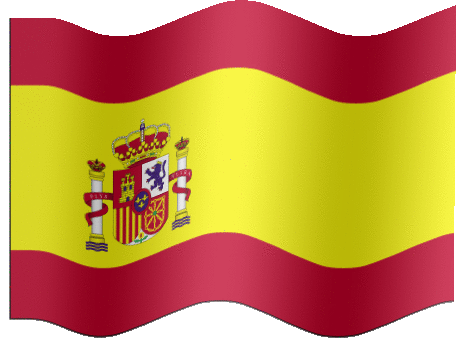 The World Bank has downgraded its 2025 economic growth projection for Mexico, citing “the highest levels of trade uncertainty in a decade.”
The World Bank has downgraded its 2025 economic growth projection for Mexico, citing “the highest levels of trade uncertainty in a decade.”
The financial institution now expects Mexico's economy to remain flat in 2025, with a 0% GDP growth.
This new forecast is 1.5 percentage points lower than the one provided in January's Global Economic Prospects report.
The updated forecast is part of an advance copy of a chapter from the upcoming World Bank report, "Organized Crime and Violence in Latin America and the Caribbean," set to be released next Monday.
Out of 29 Latin American and Caribbean (LAC) countries, only Haiti is expected to experience worse economic performance than Mexico this year. The World Bank projects that Haiti's economy will shrink by 2.2% in 2025, Mexico News Daily reports.
On the opposite end, the World Bank forecasts a 10% economic growth for Guyana this year, while Argentina is expected to see a 5.5% expansion.
The World Bank's revised growth outlook for Mexico follows a similar move by the International Monetary Fund (IMF), which recently downgraded its forecast for the country's economy.
The IMF now expects Mexico's GDP to shrink by 0.3% this year, a revision of 1.7 percentage points lower than its January projection.
The Mexican economy grew by 1.5% annually last year.
Furthermore, the World Bank has revised its growth forecast for Mexico in 2026, now predicting a 1.1% expansion, down from the 1.6% growth projected in January.
Within “The State of the LAC Region” chapter of its upcoming report, the World Bank stated that the outlook for the region “has become more uncertain as modest advances on the internal front are being compounded by a more challenging external scenario.”
“The external environment … has changed substantially in the six months since the October 2024 Latin America and Caribbean Economic Review (LACER), with both short-term and long-term consequences,” the World Bank said.
“The apparent shift toward higher tariffs by the United States casts uncertainty on the nearshoring project, the practice of bringing offshore operations to nearby or friendly countries, and global market access more generally.”
The financial institution added: “Even before the increased uncertainty introduced by the rising US tariffs, there was evidence that the region was potentially missing the boat on nearshoring.”
In the three months since Donald Trump began his second term as president, the United States has imposed tariffs on steel, aluminium, and cars made in Mexico, along with Mexican goods not covered by the USMCA free trade agreement.
The Mexican government is currently in negotiations to secure exemptions from the tariffs on steel, aluminium, and autos, which the United States has applied to imports globally.
The World Bank added: “It is impossible to know where the new tariff regime will settle.”
For now, “higher tariffs, and the highest levels of trade uncertainty in a decade, impede further integration of the region into US supply chains, as well as imperilling jobs in export-related industries,” it said.


